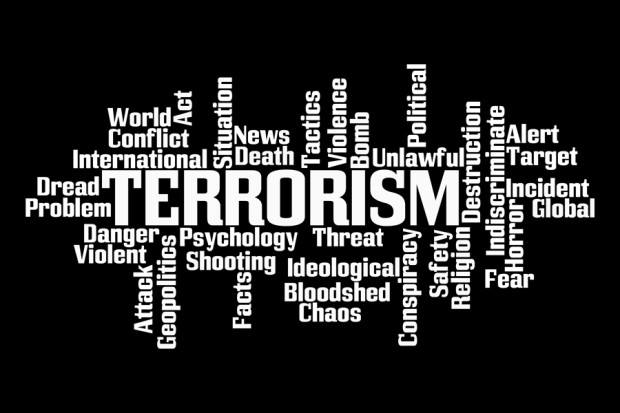Standard & Poor’s offered a note of caution this week about the reauthorization of the federal terrorism reinsurance program, warning that changes made by Congress to boost co-insurance and deductibles could hurt small insurers moving forward.
The revised Terrorism Risk Insurance Act, which President Barack Obama was expected to sign into law, would boost co-insurance from 15 percent to 20 percent, and increase the industry event trigger from $100 million to $200 million. As well, the recoupment level would increase from $27.5 billion to $37.5 billion.
In a press release issued after Congress reauthorized TRIA, Standard & Poor’s said the changes are “not significant enough to affect the insurance markets’ overall function or how much terrorism risk most insurers assume.”
At the same time, Standard and Poor’s warned: “these changes raise a question for small insurers, as they may not see any TRIA reimbursements with the doubling of the industry event trigger.”
Standard & Poor’s cautioned that smaller insurers’ “overexposure to terrorism risk that is less than their TRIA deductibles and within their co-insurance could be exacerbated by this amendment to this earlier program.”
Also, S&P pointed out that the doubling of the industry event trigger will be coupled with an increase in the mandatory recoupment, though it will likely max out at about 5 percent to 6 percent of premiums. This may not hurt smaller insurers as much, if at all, according to the ratings entity’s statement.
“On its own, this would not be large enough to cause a disruption, particularly because a relatively hard market would likely follow a larger terrorism event, and this recoupment may be spread over multiple years.”
Still, Standard & Poor’s also found some positive things to say about the latest renewal of TRIA, which has been put in place in the aftermath of the Sept. 11, 2001 terrorist attacks in an attempt to stabilize the commercial insurance market. Congress had renewed it several times since before briefly letting it expire on Dec. 31. The renewed TRIA law extends through 2020.
“In our view, the duration of the extension until 2020 adds to the stability of terrorism coverage,” Standard & Poor’s said. “Since the Sept. 11, 2001 attacks, perceptions have changed so that terrorism is no longer a risk that the private market can fully assume.”
But, Standard & Poor’s argues, the private market can handle more than it has asserted publicly.
“We believe that the industry could assume the risk for conventional terrorist attacks during this period,” Standard and Poor’s said. “As noted, there is more of a question about the industry’s ability to manage nonconventional attacks reliably … due to these risks’ infrequent and evolving nature; unpredictable behavior may not be captured in probabilistic terrorism models.”
Source: Standard & Poor’s





















 10 Do’s and Don’ts of a Smart ORSA Report
10 Do’s and Don’ts of a Smart ORSA Report  From Skill to System: The Next Chapter in Insurance Claims Negotiation
From Skill to System: The Next Chapter in Insurance Claims Negotiation  State Farm Inked $1.5B Underwriting Profit for 2025; HO Loss Persists
State Farm Inked $1.5B Underwriting Profit for 2025; HO Loss Persists  Focus on Ski Guides After Deadly California Avalanche Could Lead to Criminal Charges, Civil Suits
Focus on Ski Guides After Deadly California Avalanche Could Lead to Criminal Charges, Civil Suits 





